Fiducia Supplicans and the German Synod, Cardinal López Romero responds
The Archbishop of Rabat addresses the complexities and challenges of synodality in the Catholic Church during the conference in the Vatican
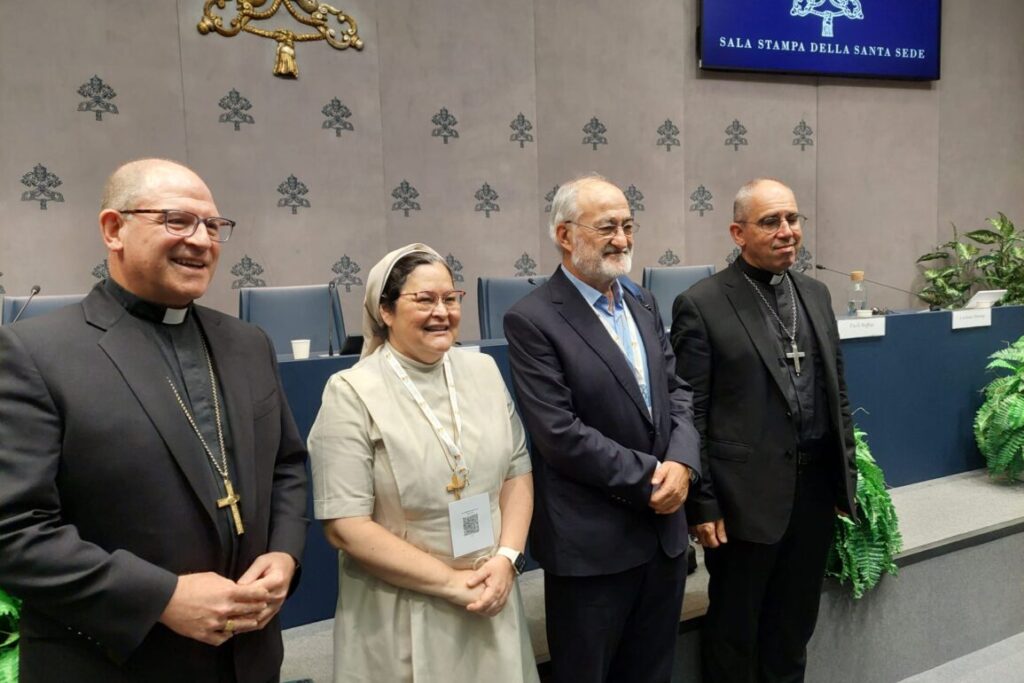
The Spanish Cardinal Cristóbal López Romero, currently Archbishop of Rabat, Morocco, responded this Friday about the German synod, the Church in Africa and the ‘Fiducia Supplicans’ case, during the second conference held in the remodeled Vatican Press Room, on the current synod.
Questioned by Exaudi about how the German synod, with its own agenda, is positioned in relation to the current synod, which has indirectly involved millions of Catholics, the cardinal responded: “Although I do not know all the details of the German synodal path, I believe that they have also necessarily interacted with the Pope and with the entire universal Church and that has stopped certain paths and roads that they were taking.”
This is because “synodality implies that, listening to each other, because no one can make the journey alone and that is valid not only for the individual, but also for the particular churches.”
He added that the synods “take validity when the authority recognizes them” and exemplified by indicating that “the Second Vatican Council and the ecumenical councils are valid when the Pope proclaims them.”
And although these different speeds will give rise – continued the Salesian cardinal – to suffering and moments of darkness and difficulty, “it is better that these problems arise because they exist, so that we can face them and not sweep them under the carpet.”
Questioned by Eva Fernández de Cope, the cardinal of Rabat considered that the current synod “is being very enriching because it brings together people from different continents, it brings together clerics and lay people, men and women and all this diversity enriches us, although it means polishing each other.”
He recalled that the Holy Father has indicated that the Church is very Eurocentric, Westernized, and I have felt this when I have visited Latin America and, to some extent, Africa. For this reason, he considered that “the Church will emerge from this process more Catholic in the best sense of the word, more universal.”
He thus spoke of an African bishop, whose diocese is “fertile in vocations and in full seminaries and multitudes that are baptized, etc.”, who “reproached a European bishop for coming to give them lessons, when the European was selling empty churches and all that…”.
For this reason, he concluded that “Europeans will perhaps have to learn to be humble… and not only give lessons, but Africans will also have to learn to be humble and not to let their pride go to their heads. Because success is not in quantities or in numbers that are temporary.”
That is, “helping each other to live the Gospel authentically” in a “process of contact” that “is very beneficial, because otherwise each one makes his own way and when we open our eyes, we find that we are different churches and that we are far from each other. This forces us to interact, to listen to each other, to discover things, to surprise each other and to enrich each other.”
Regarding the declaration ‘Fiducia Supplicans’, which allows priests to give blessings to people in an irregular situation and of the same sex, without confusing it with a nuptial blessing, he responded to the Ansa agency.
“It would have been better,” said the Archbishop of Rabat, “if a synodal path had been followed. It did not come from a synod but from the Dicastery for the Doctrine of the Faith, without the bishops knowing what was going to come out of it, without us having been consulted, and so it is not surprising that there have been reactions against it,” stressing in the meantime “on some of the points, not on all of them.”
He commented that his Episcopal Conference “spoke differently, because we were not respected in this consultation process at the African level either.”
For this reason, he considered that “learning about synodality is not a simple thing, we will have to go through many setbacks, and many moments in which we will have to apologize, as the president of the bishops of Africa apologized to us for having made a statement without waiting for us to speak out.”
And he concluded: “I said before, there will be comings and goings, and that will help us all to be a little humbler and to let ourselves be enlightened by the Holy Spirit.”
Related
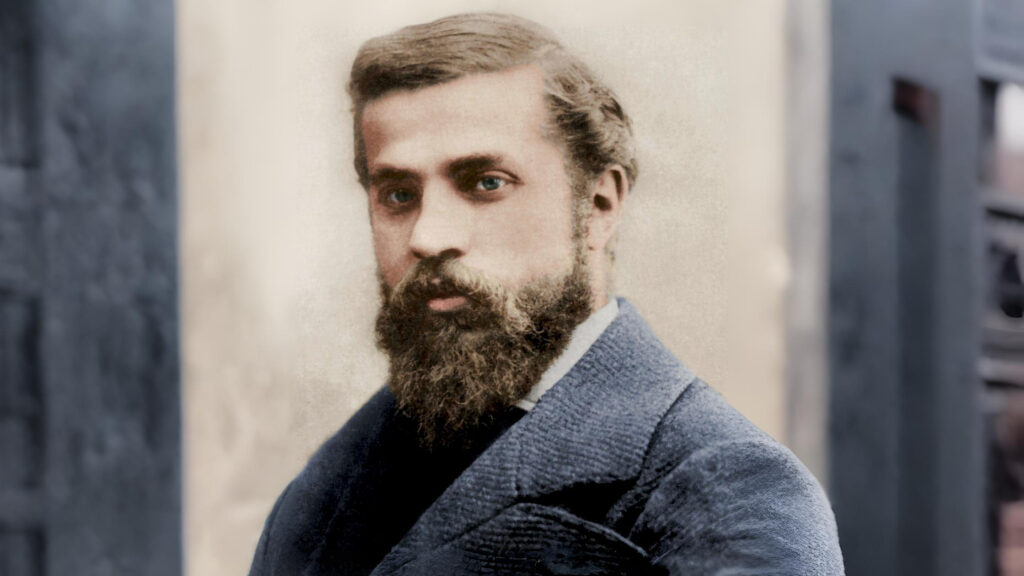
Antoni Gaudí Takes Another Step Toward the Altar: Declared Venerable by the Church
Exaudi Staff
14 April, 2025
2 min
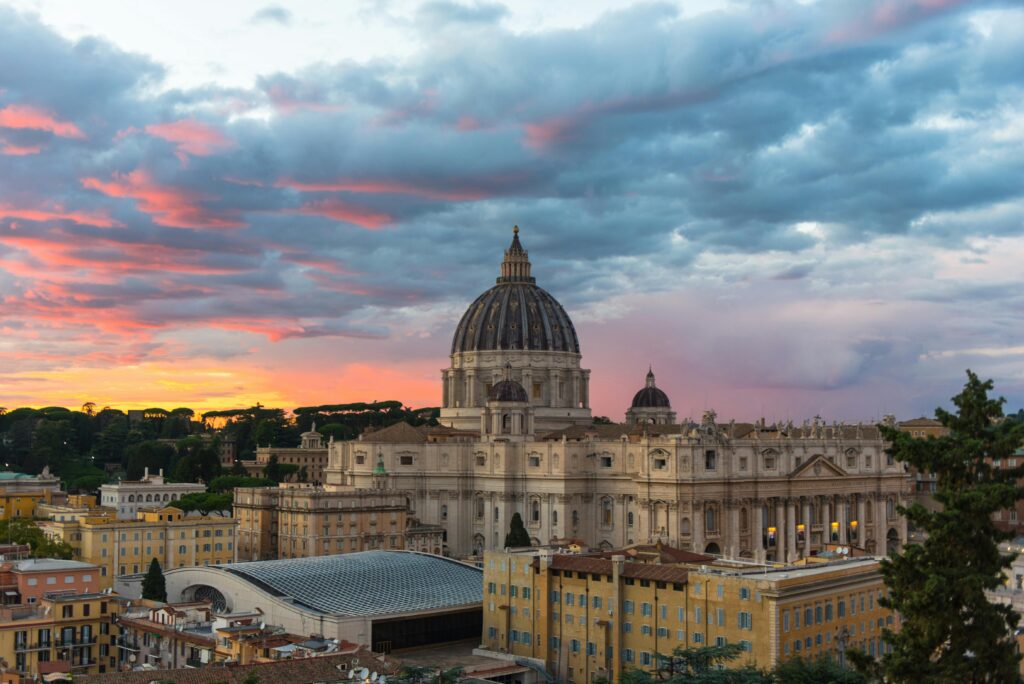
On April 5 and 6, pilgrims from around the world will celebrate the Jubilee for the Sick
Exaudi Staff
04 April, 2025
4 min
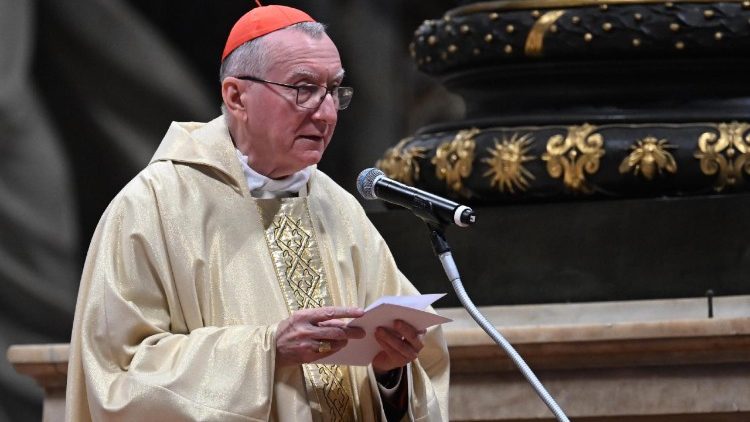
John Paul II: The Tireless Pilgrim Who Continues to Inspire the World
Exaudi Staff
03 April, 2025
2 min
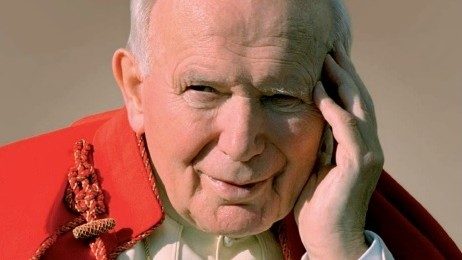
Mass in Commemoration of the 20th Anniversary of the Death of John Paul II
Exaudi Staff
01 April, 2025
1 min
 (EN)
(EN)
 (ES)
(ES)
 (IT)
(IT)

